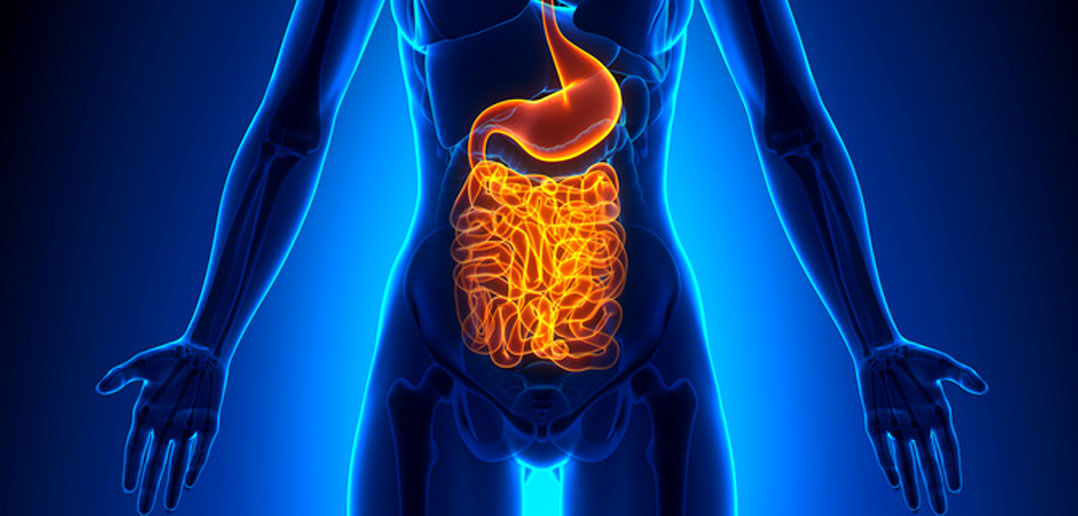A study published in the journal Cell has established a connection between disturbances in gut flora during the early years of life and the development of neurodevelopmental disorders such as autism and attention-deficit/hyperactivity disorder (ADHD). Researchers at the University of Florida and Linköping University have identified biomarkers present at birth that are indicative of future diagnoses of these disorders, offering a new approach to early detection and intervention.
Neurodevelopmental disorders like autism spectrum disorder (ASD) and ADHD affect millions worldwide, influencing brain development and impairing social, communicative, and cognitive functions. Prior research has suggested various genetic and environmental factors contribute to these disorders, but early detection remains challenging due to the absence of clear biomarkers at the initial stages of life.
Autism is characterized by challenges with social skills, repetitive behaviors, speech, and nonverbal communication. About 1-2% of people worldwide are affected by autism. ADHD is marked by an ongoing pattern of inattention and/or hyperactivity-impulsivity that interferes with functioning or development. It is one of the most common childhood disorders and can continue through adolescence and adulthood, affecting about 5-7% of children globally.
The gut-brain axis, the two-way communication pathway between the central nervous system and the gut microbiota, has been increasingly recognized as crucial in understanding these conditions. The gut microbiota refers to the complex community of microorganisms living in the digestive tracts of humans and other animals.
This axis includes the vagus nerve, which extends from the brainstem to the abdomen, and is a critical route through which the gut bacteria communicate with the brain. Gut microbiota can produce and respond to neurotransmitters and other chemicals, such as short-chain fatty acids and inflammatory cytokines, that affect brain function. Thus, the state of the gut microbiota can potentially influence, and be influenced by, a range of complex behaviors and emotional states inherent in disorders like autism and ADHD.
The research, part of the All Babies in Southeast Sweden (ABIS) study, followed over 16,000 children born in southeast Sweden from October 1997 to October 1999 from birth into their early twenties. Comprehensive data collection began at birth and continued into the children’s early twenties. Biological samples, including cord serum and stool samples at one year of age, were collected along with extensive questionnaire data detailing family medical history, dietary habits, lifestyle factors, and other environmental exposures.
The researchers found distinct differences in the gut microbiota of infants who later developed neurodevelopmental disorders compared to those who did not. Specific bacterial species, such as Citrobacter, were more prevalent in children who developed neurodevelopmental disorders, while the presence of Coprococcus was associated with a decreased risk of such outcomes. This suggests that certain bacteria in the gut may either contribute to or protect against the development of conditions like ASD and ADHD.
The researchers analyzed cord blood from newborns to compare the metabolic and toxicological profiles of children later diagnosed with autism to those without such diagnoses. They focused on the concentrations of various metabolic byproducts, including essential fatty acids and amino acids, as well as external contaminants like nicotine and environmental.
Children who were later diagnosed with autism showed notably lower levels of linolenic acid, a crucial fatty acid necessary for producing omega-3 fatty acids, which have anti-inflammatory properties and play various roles in brain function.
Conversely, these children had higher levels of PFAS, chemicals commonly used as flame retardants and known to negatively impact the immune system. PFAS are pervasive environmental contaminants that can be ingested through water, food, and air. These findings suggest that both metabolic imbalances and exposure to harmful environmental substances might be linked to the development of neurodevelopmental disorders.
“The remarkable aspect of the work is that these biomarkers are found at birth in cord blood or in the child’s stool at one year of age over a decade prior to the diagnosis,” explained Eric W. Triplett, a professor at the University of Florida, and one of the researchers who led the study.
In addition, certain bacterial strains, such as Akkermansia muciniphila and Bifidobacterium, were consistently found in lower abundances in children diagnosed with neurodevelopmental disorders. These bacteria are known for their roles in maintaining gut integrity and modulating immune responses.
“Coprococcus and Akkermansia muciniphila have potential protective effects. These bacteria were correlated with important substances in the stool, such as vitamin B and precursors to neurotransmitters which play vital roles orchestrating signalling in the brain. Overall, we saw deficits in these bacteria in children who later received a developmental neurological diagnosis,” said Angelica Ahrens, an assistant scientist in Eric Triplett’s research group and the first author of this study.
Infants who were treated with antibiotics, especially penicillin, in the first years of life showed altered microbiota compositions that were linked to higher risks of neurodevelopmental disorders. Frequent ear infections, which often lead to repeated antibiotic treatments, were also correlated with changes in the gut microbiota and increased neurodevelopmental disorder risks. This suggests that disruptions to the gut microbiota caused by antibiotics or infections might play a role in the development of neurodevelopmental conditions.
“We can see in the study that there are clear differences in the intestinal flora already during the first year of life between those who develop autism or ADHD and those who don’t. We’ve found associations with some factors that affect gut bacteria, such as antibiotic treatment during the child’s first year, which is linked to an increased risk of these diseases,” said Johnny Ludvigsson, senior professor at the Department of Biomedical and Clinical Sciences at Linköping University.
Despite its insights, the study has limitations. Its findings are based on a cohort from Sweden, which may limit the generalizability of the results to other populations. The study also did not incorporate neuropsychological testing, relying instead on medical records for diagnosis, which could affect the accuracy of the associations made.
Future research should aim to replicate these findings in diverse populations and explore whether interventions in gut microbiota could mitigate the risk of developing these disorders. Additionally, researchers noted the need for more detailed tracking of dietary and environmental exposures throughout childhood to better understand their impact on gut microbiota and neurodevelopment.
The study, “Infant microbes and metabolites point to childhood neurodevelopmental disorders,” was authored by Angelica P. Ahrens, Tuulia Hyötyläinen, Joseph R. Petrone, Kajsa Igelström, Christian D. George, Timothy J. Garrett, Matej Orešič, Eric W. Triplett, and Johnny Ludvigsson.

Rachel Carter is a health and wellness expert dedicated to helping readers lead healthier lives. With a background in nutrition, she offers evidence-based advice on fitness, nutrition, and mental well-being.





/cdn.vox-cdn.com/uploads/chorus_asset/file/24401980/STK071_ACastro_apple_0003.jpg)

